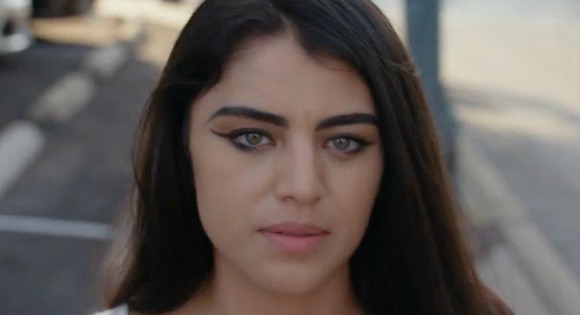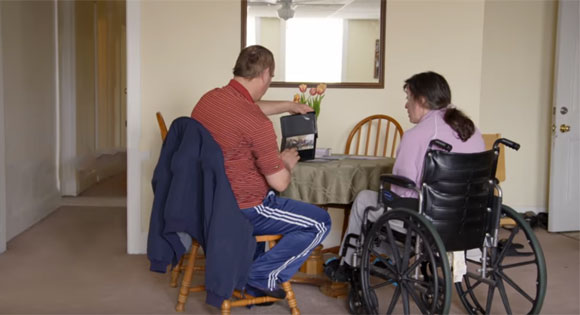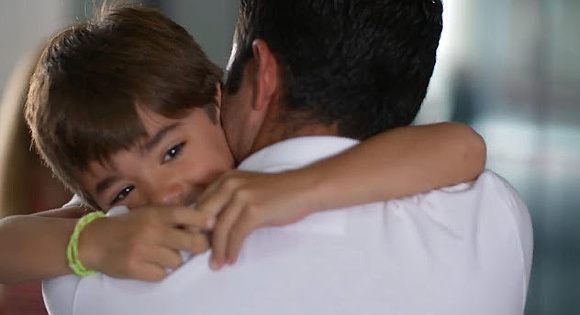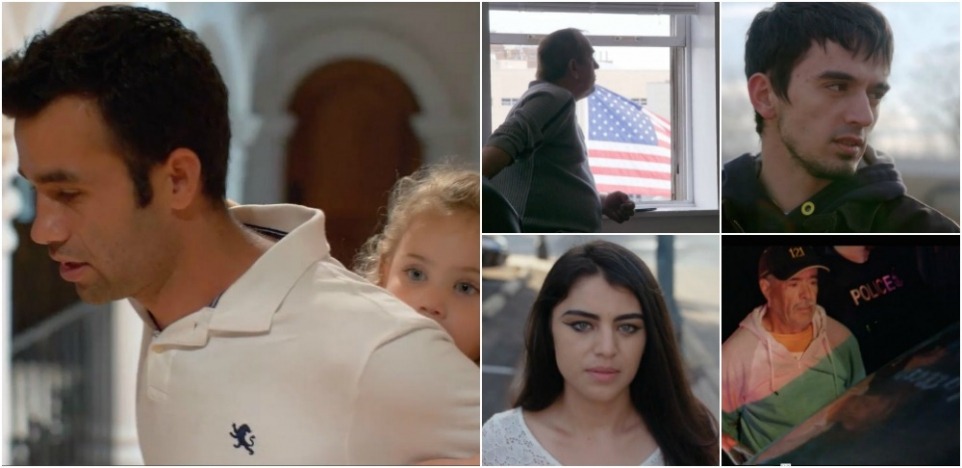The United States has been a nation of immigrants since its founding. The diversity and creativity brought by people from all over the world is an essential part of the country's versatility and resiliency. The Statue of Liberty with its invitation to the world's tired and poor teeming masses has been the key national symbol.
But this climate of hospitality has changed. Some say the shift started with the shock and tragedy of 9/11, but that is ignoring a long history of distrust of each new wave of immigrants, with the established groups fearing for their jobs and culture. Today whether they are called immigrants, migrants, asylum seekers, or the undocumented, those seeking a new life in the United States face scorn and increasingly restrictive policies. The U.S. has the highest number of incarcerated non-citizens in the world and many of these men, women, and families are suffering in mind, body, and soul as their dreams of asylum or citizenship are denied. And even those who have been in the country for years and raised families of American citizens live under a cloud of uncertainty due to the Trump Administration's "zero tolerance policy."

The Deported is a YouTube Originals documentary now streaming for free on YouTube. It examines immigration policy through the stories of four individuals who have orders of deportation hanging over their heads. Brief segments show an ICE (Immigration and Customs Enforcement) raid, giving the officers a chance to explain what they believe to be the value of their work. Immigration activist Rosario Dawson hosts, asking questions about the implications for the country of what we see happening.
In New Fairfield, Connecticut, a Guatemalan-born father came to the United States as a teenager. He has a successful career as a woodworker, an American wife, and two American children. He has no criminal record. Despite community support and a good lawyer, it looks like he will be deported, making his family decide whether to join him in Guatemala.

In Austin, Texas, a college student who has been in the United States since she was two, faces deportation to Mexico after losing her DACA status because of a marijuana misdemeanor. Her situation is troubling because her father, who is already in Mexico, sexually abused her for years; she fears he will find her once she crosses the border. Her lawyer worries that with no one to protect her and no money, she could end up a victim of human trafficking.
In San Diego, a family talk about being threatened with death by FARC rebels in Columbia 18 years ago before they were given political asylum in the U.S. The parents run a successful business, and the sons are in college. But this year their asylum was not renewed, and ICE has refused to issue a clear determination of their fate. They fear they will be killed if sent back to Columbia.

In Detroit, Michigan, an Albanian family has taken sanctuary in a United Methodist Church. The father, who has been in the States for 18 years, has received a deportation order, even though he is the primary caregiver to his wife who has multiple sclerosis. Their DACA registered son is in college and their American-born son is in high school. The former fears he will be deported as well, leaving his brother in the foster care system.
The minister of the church explains why their congregation has decided to offer housing and support to this family. They are part of a larger sanctuary movement. As of January 2019, 50 undocumented immigrants are known to have taken refuge in 39 American churches; most likely, there are others whose presence is being kept secret. According to Church World Service, 1100 congregations in over 30 states have offered to provide sanctuary to undocumented immigrants seeking to avoid deportation. Noel Andersen, CWS's national grassroots organizer, told Voice of America News that the churches are responded to the Trump administration's policy in which even undocumented immigrants without criminal records are arrested and deported. "That's why these congregations feel called in this moment. They see that people are being dehumanized and they are responding to their faith call which is to say that we treat all people as children of God."

The Deported has the potential to catalyze similar efforts to support deportees and their families. Watching these four examples of harsh, inhumane, and unreasonable treatment, you will find yourself empathizing with the deportees, feeling the shock and the pain of what they are going through. You may find yourself looking for ways you can protest what is happening; every city these days has groups working on immigration issues. You may want to join a group offering financial and legal support to immigants. As David W. Augsburger writes in Hate-Work, "The empathetic person becomes a bridge, and a bridge is meant to be walked on."
And you may find yourself called to prayer for deportees and their families:
"For immigrant families, suffering in the shadows from poverty and brokenness, may God bless them and protect them as we all work for a reform of the immigration laws.
"For immigrant families searching for life and dignity, that they may find it wherever God leads them as we work together for conversion of hearts and minds.
"For immigrant families living in fear of separation, that they may find Peace and Hope in God's call to live as one family, sisters and brothers to all, doing God's will on earth as it is in heaven.
"For immigrant parents, who have been deported from this country, that their fears for their children are eased and their Hope of reuniting be realized.
"For those who have been deported from this country, may God bless them and protect them from harm as we continue to work for immigration reform through a conversion of hearts and minds."
— from Prayers & Intentions for Immigrants and Immigration Reform by the Office for Immigrant Affairs and Immigration Education of the Archdiocese of Chicago
